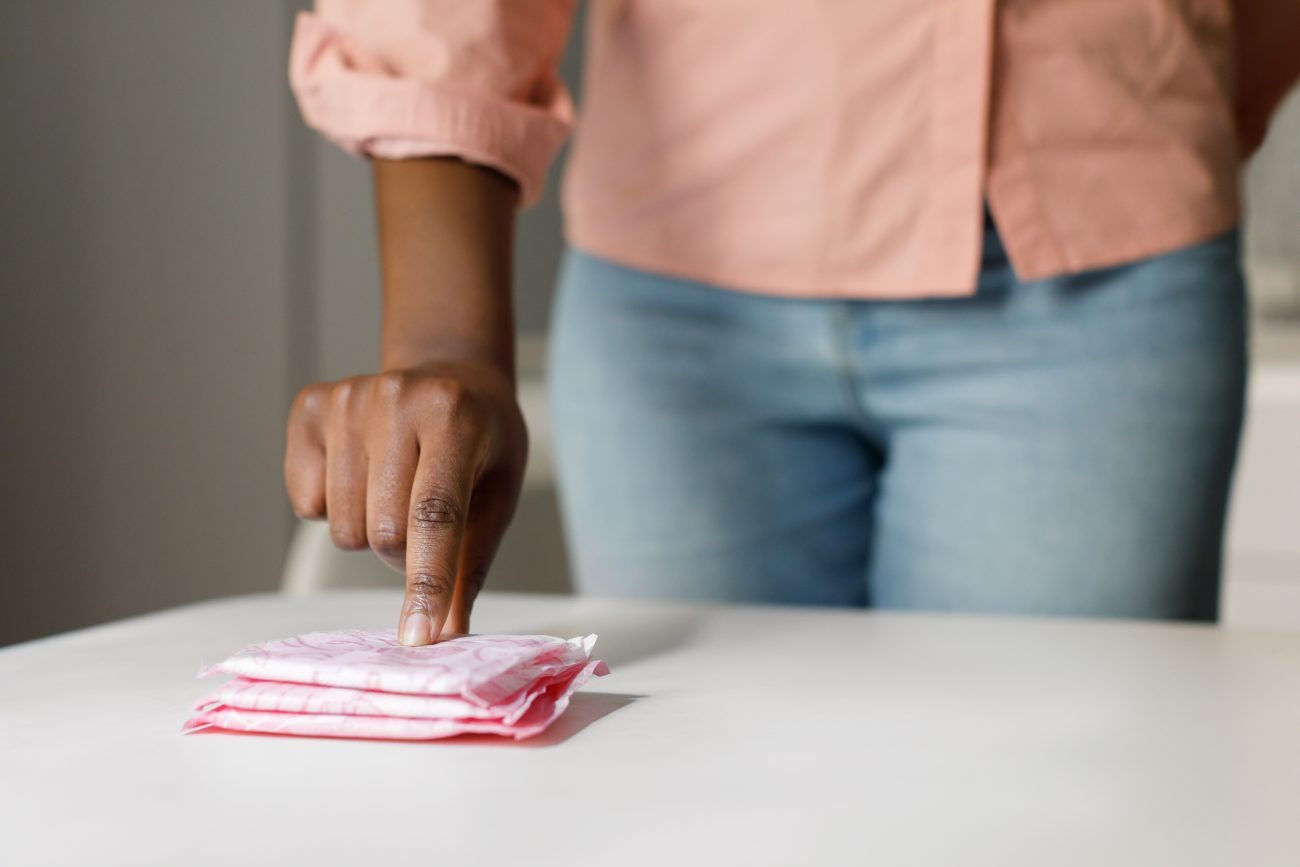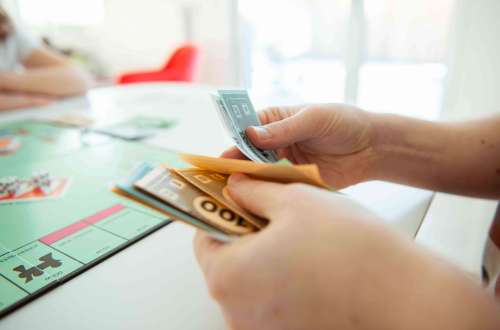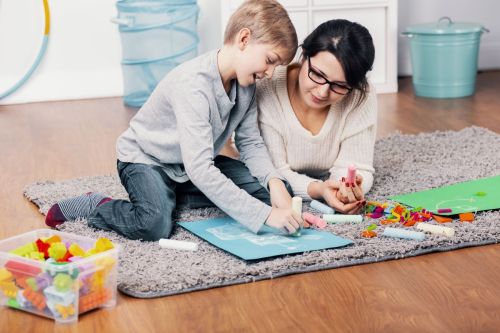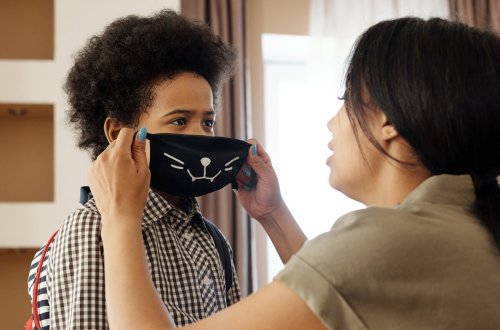Picture this: you’re at school, sitting in class, and suddenly, you feel a familiar discomfort. It’s your period starting, and you realize you don’t have any sanitary pads or tampons with you. Your heart sinks as you realize you have no choice but to spend the rest of the day in discomfort, worrying about leaks and stains. You might have to ask a friend for help, which can be embarrassing and uncomfortable. And worst of all, this situation repeats itself every month, potentially impacting your confidence, education, and overall well-being.
Period poverty affects people who menstruate in countries around the world. Here’s what teens need to know about period poverty and what you can do to promote menstrual equity.
What is period poverty?
You’re a teenager, excited to discover the world and embark on new adventures. But along your journey, you could face a hidden obstacle: period poverty. This affects many young people. Period poverty is when individuals lack access to menstrual hygiene products and the resources needed to make periods comfortable and safe.
The term “period poverty” includes not only the financial barriers that prevent people from accessing necessary menstrual products but also the stigma and discrimination associated with menstruation that creates inequality and restricts opportunities for those affected.
What is period equity?
Equity means fairness and justice for all and differs from equality. An example of equality is giving each person a step ladder to reach the top shelf, which may leave some shorter individuals still unable to reach it. An example of equity is still giving everyone a step ladder, but making sure each ladder is adjusted for the individual to reach the top. The shorter individuals will be given a taller ladder than some, but everyone is still reaching the same height.
Period equity means ensuring equal access to menstrual products, education, and resources for all individuals, regardless of their gender, status, or background. It’s the belief that menstruation should not be a barrier to anyone’s well-being, opportunities, or rights.
As a teenager, period equity is an important concept that directly affects your life and the lives of those around you. It means that every person who menstruates should have access to affordable and reliable menstrual products, such as pads, tampons, or menstrual cups. No one should have to worry about not being able to afford these essential items or resorting to unhygienic alternatives due to financial issues.
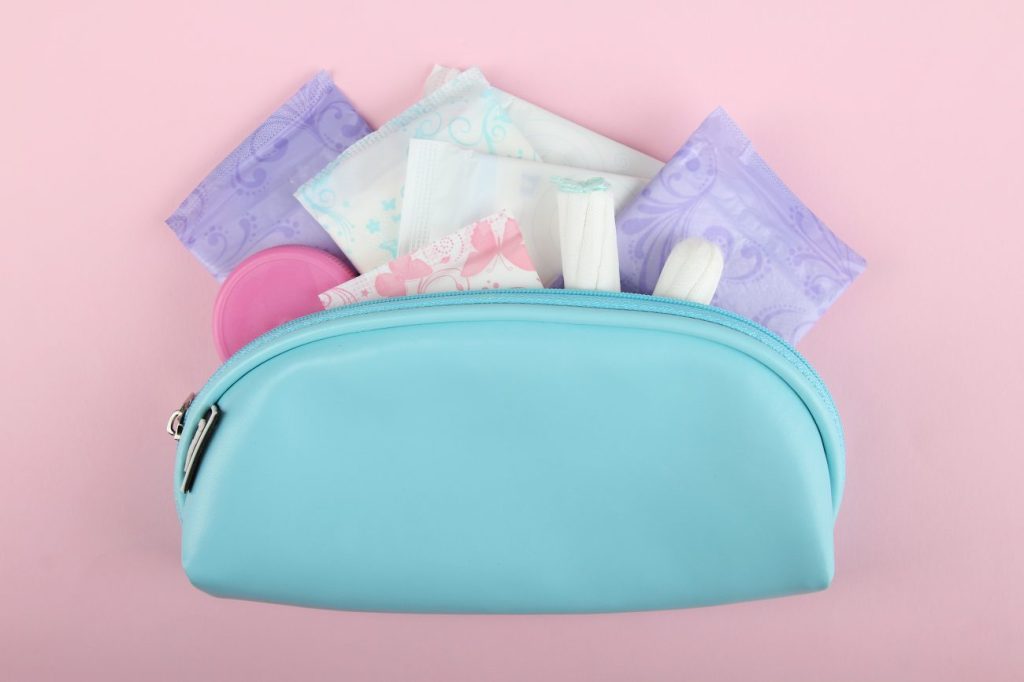
How many Canadians experience period poverty?
Period poverty is a significant and often overlooked global issue that affects millions of individuals, particularly those who menstruate, in both developing and developed countries. There are over 300 million people who menstruate every day.
Here in Canada, 1 in 4 people experience period poverty. A study by Leger asked 1000 women about their periods and the difficulties they face with them. Out of the 1000 women surveyed, over 80 per cent said period products were too expensive. This number grew to 90 per cent among younger women aged 18 to 24. In the same survey, they found over 1 in 2 Canadians have had to miss out on an activity because of their period and lack of menstrual products. That’s over half the girls in your class who will be negatively impacted by their periods.
Canadians will actually spend up to $6000 on menstrual supplies, such as tampons and pads, in their lifetime. And depending on where you live, this could even double to $12,000. For example, people living in rural areas or Indigenous communities can pay two to four times more for a pack of menstrual pads compared to someone in an urban city. The cost means some people have to choose food over products for their period.
Read more: What is the pink tax? A guide for teens.
What are the main causes of period poverty?
Period poverty for teenagers can manifest in various ways. Perhaps your family struggles financially, and purchasing menstrual products becomes a luxury they cannot afford. These products can be quite expensive, and if money is tight, families may have to choose between buying food or other necessities before buying menstrual supplies.
In other cases, period poverty can be caused by a lack of availability or accessibility to menstrual products. Some communities or schools may not have easy access to stores or affordable options for purchasing these products.
Or maybe you live in a community where menstruation is considered a taboo subject, resulting in limited access to information and resources. In certain places, there may be a stigma surrounding periods, making it difficult for teenagers to openly talk about their needs or find support. As a result, you’re left feeling isolated and unprepared to manage your periods properly.

What are the effects of period poverty on teens?
Period poverty can have a profound impact on your life as a teenager. It can affect your attendance at school, because without access to reliable menstrual products, the fear of leaks and discomfort may lead you to skip classes or even entire school days. Missing out on your education can hinder your academic progress and future opportunities, putting you at a disadvantage. This can result in falling behind in your studies and missing out on valuable learning opportunities.
Period poverty can take a toll on your emotional well-being. Feeling unprepared or ashamed due to a lack of resources can lead to feelings of embarrassment, low self-esteem, and anxiety. The stress and anxiety caused by not having the necessary resources during your period can impact your overall mental health and self-esteem. It’s crucial to remember that menstruation is a natural process and not something to be ashamed of, but the stigma surrounding it can make it hard to accept.
Period poverty could also take a toll on our physical health. Due to a lack of access to period products, people who menstruate may turn to using toilet paper, old socks, newspapers and children’s diapers. People without access to proper hygiene and safe menstrual products may experience serious health threats such as reproductive and urinary tract infections.
What teens can do to promote menstrual equity
You deserve access to affordable, safe menstrual products, education about menstruation, and a supportive environment that fosters understanding and acceptance.
By advocating for period equity, you are advocating for your own rights and the rights of others. Period equity aims to create a world where no one feels ashamed or limited because of their periods. It promotes inclusivity, gender equality, and the recognition that menstruation is a natural and normal part of life.
Many organizations, initiatives, and communities are already working towards eradicating period poverty. They are advocating for change, pushing for affordable or free access to menstrual products in schools, and promoting menstrual health education.
As a teenager, you have the power to make a difference.
By raising awareness, supporting these initiatives, and speaking out about period poverty, you can contribute to breaking the silence, reducing stigma, and ensuring a brighter future for yourself and others. Like menstrual equity advocate, Jada Malott, donating menstrual products is also a very easy way to help on an individual level. Menstrual products are some of the most frequently requested items in shelters, and yet the least donated.
There is still lots of work to be done to dismantle period poverty and period taboo, but we can all find our own way to fight this. Remember, one person can make a difference.
This article offers general information only and is not intended as legal, financial or other professional advice. A professional advisor should be consulted regarding your specific situation. While the information presented is believed to be factual and current, its accuracy is not guaranteed and it should not be regarded as a complete analysis of the subjects discussed. All expressions of opinion reflect the judgment of the author(s) as of the date of publication and are subject to change. No endorsement of any third parties or their advice, opinions, information, products or services is expressly given or implied by Royal Bank of Canada or its affiliates.
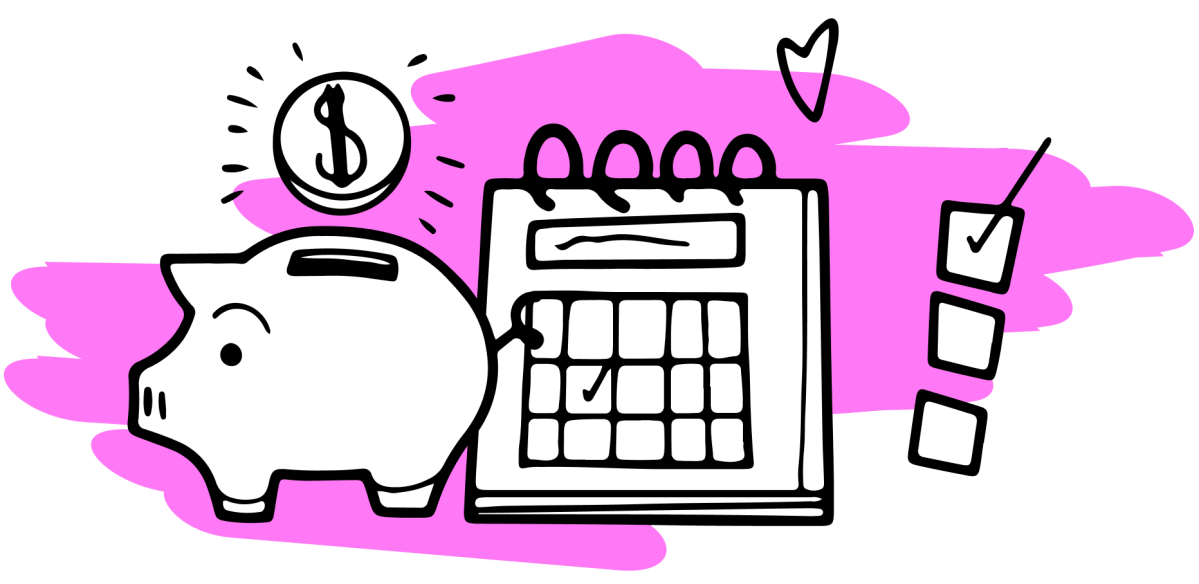
Teach Your Kids How To Earn, Spend & Save Money
with the Mydoh App &
Add up to five kids and two parents on one account.
